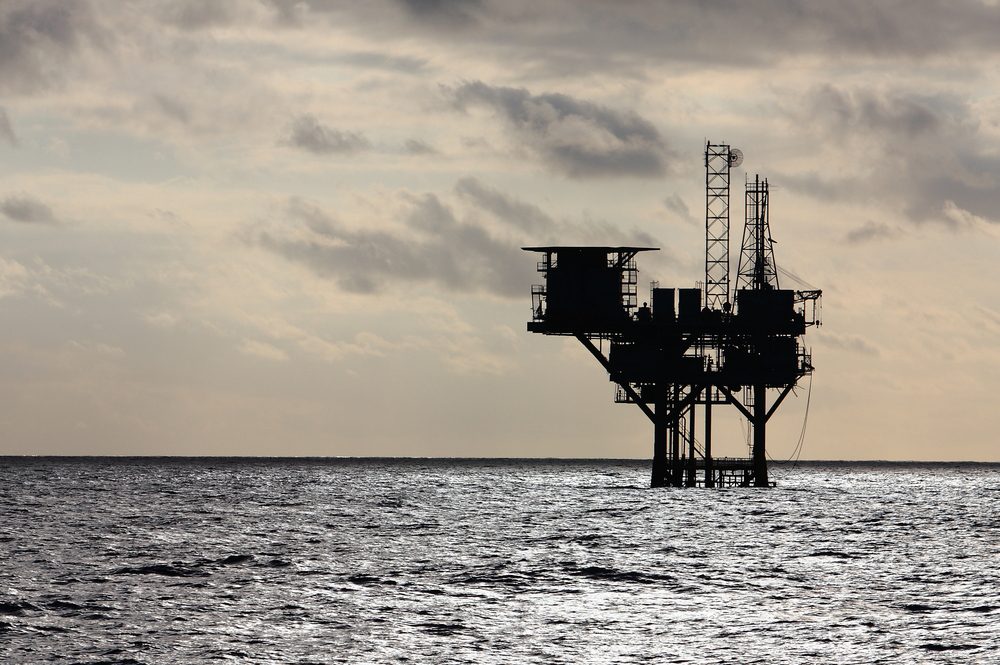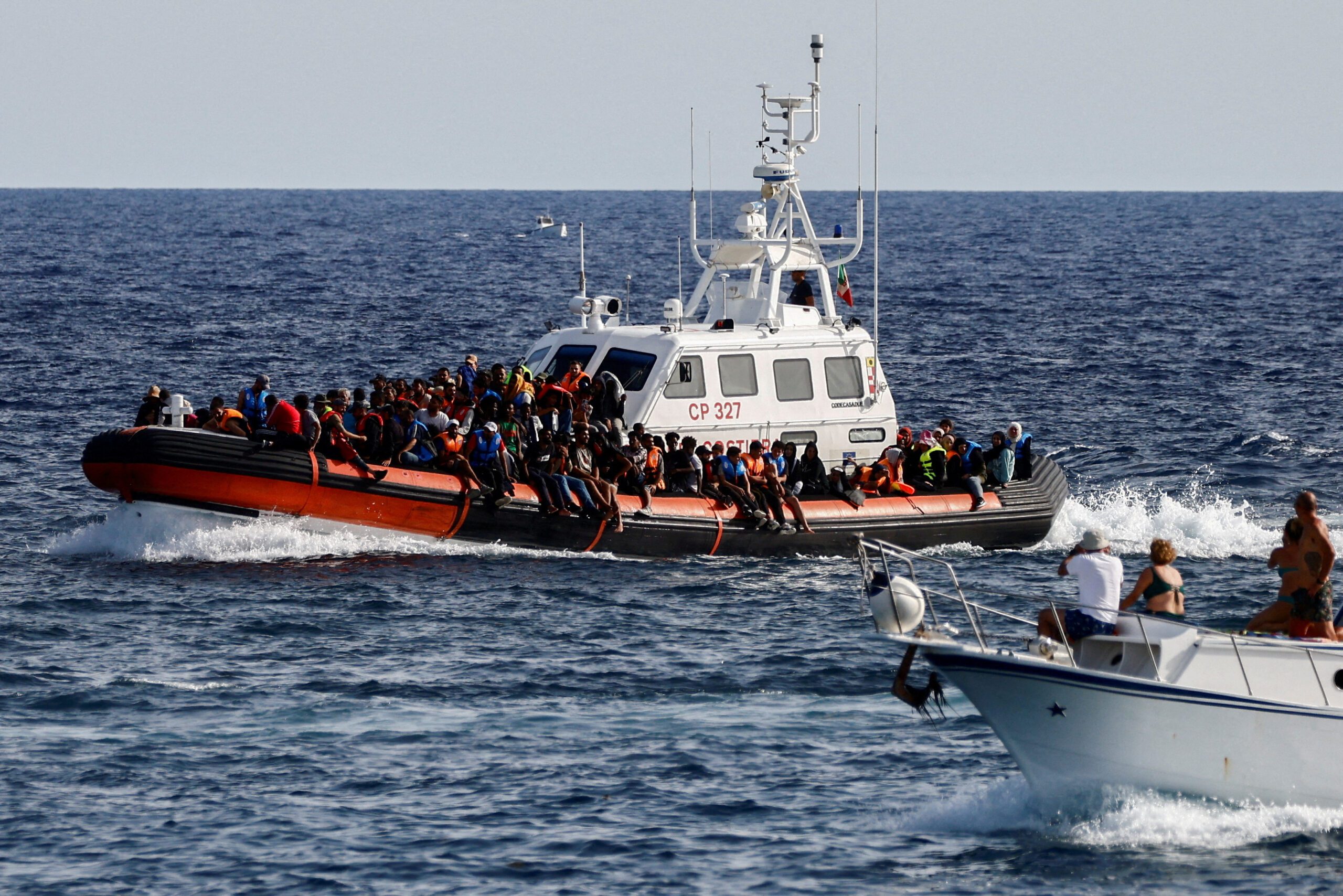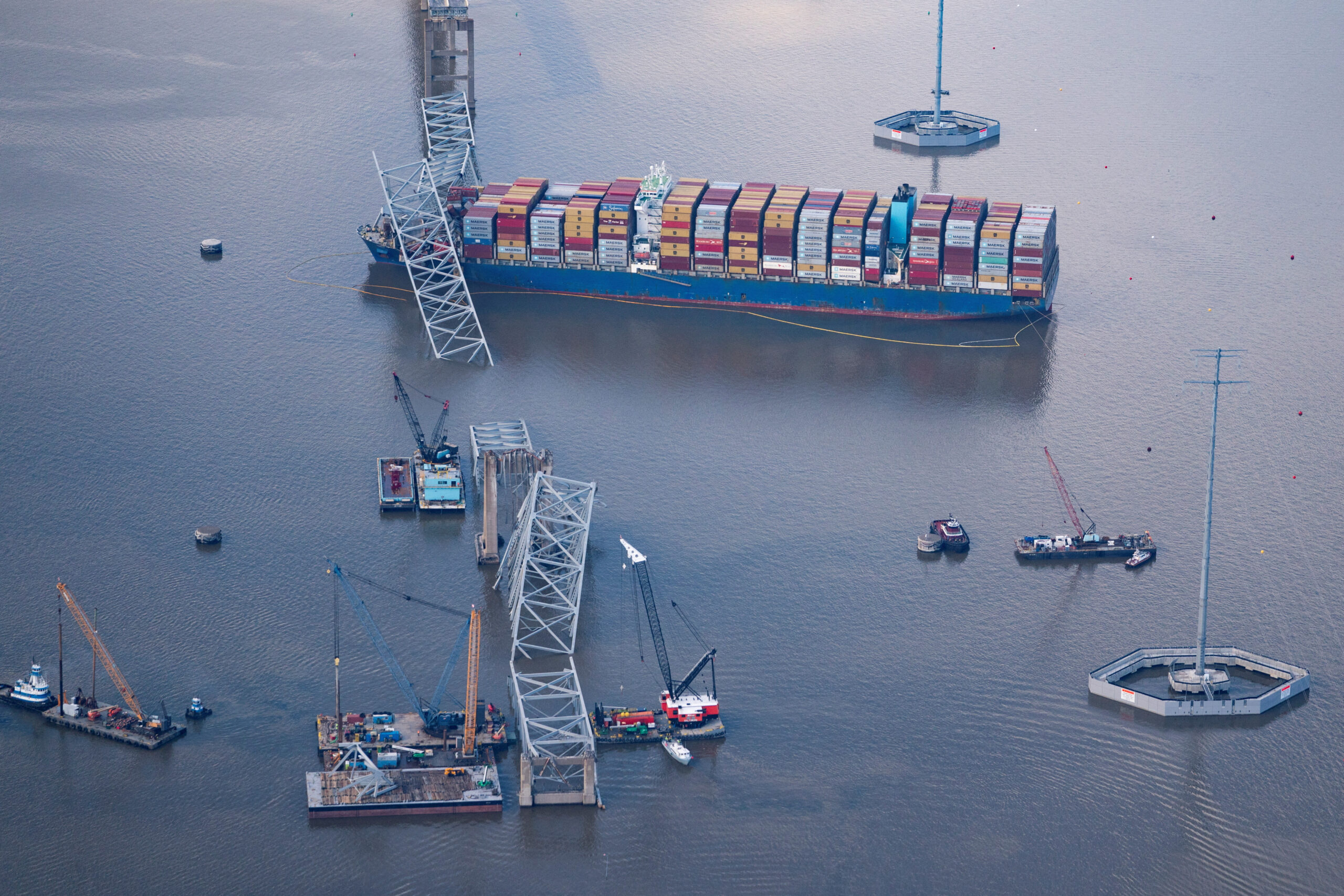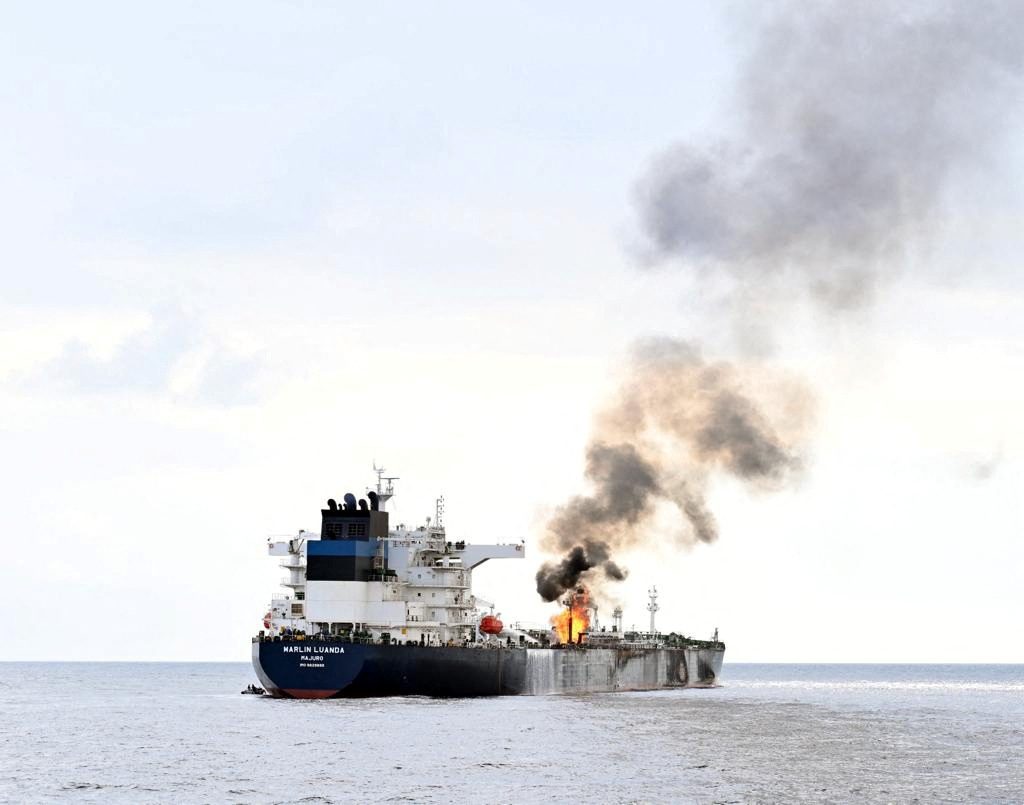Photo: By Brian McDonald / Shutterstock
By Ezra Fieser (Bloomberg) — The Dominican Republic expects to draw interest from energy titans BP Plc and Exxon Mobil Corp. when it opens the country to natural gas and oil exploration for the first time later this month, joining a push by governments across the Caribbean to develop energy production.
The government plans to open two land blocks for oil exploration and two offshore blocks for natural gas exploratory drilling by the end of March, said Energy and Mining Minister Isa Conde in an interview in Santo Domingo. An Exxon spokeswoman said in an email that the company does not comment on future business plans. BP did not respond to an email seeking comment.
“This is completely virgin territory for us,” Conde said. “But we would not be going forward if we had not received assurances from international companies and investors that there was substantial interest.’’
Developing the industry would give the nation of 11 million another source of foreign exchange earnings and allow it to cut its fuel import bill, Conde said. Although few Caribbean islands have developed significant commercial production outside of Trinidad & Tobago, a top exporter of liquefied natural gas in the Americas, the region is rapidly drawing interest from energy companies.
Exxon is leading a group of companies developing 6.6-million-acres in Guyana’s waters that could make the country one of Latin America’s largest oil producers within a decade. That discovery has spurred interest in neighboring Suriname, while the government in the Bahamas is also opening offshore areas for exploration. In Jamaica, CGG GeoConsulting and the Petroleum Corporation of Jamaica said last month they had discovered oil seeps in two separate parts of the island.
Seismic study
The Dominican government does not have an estimate of the reserves and Conde said any production could be years away. A two-year seismic study found six areas that potentially hold light and heavy crude or natural gas. If the areas prove commercially viable, the government will likely demand production contracts in which it continues to own the land, he said.
The $72 billion economy is forecast to grow 4.5 percent this year, the most in Latin America after Panama, according to economists surveyed by Bloomberg.
© 2018 Bloomberg L.P
Unlock Exclusive Insights Today!
Join the gCaptain Club for curated content, insider opinions, and vibrant community discussions.

 Join The Club
Join The Club













